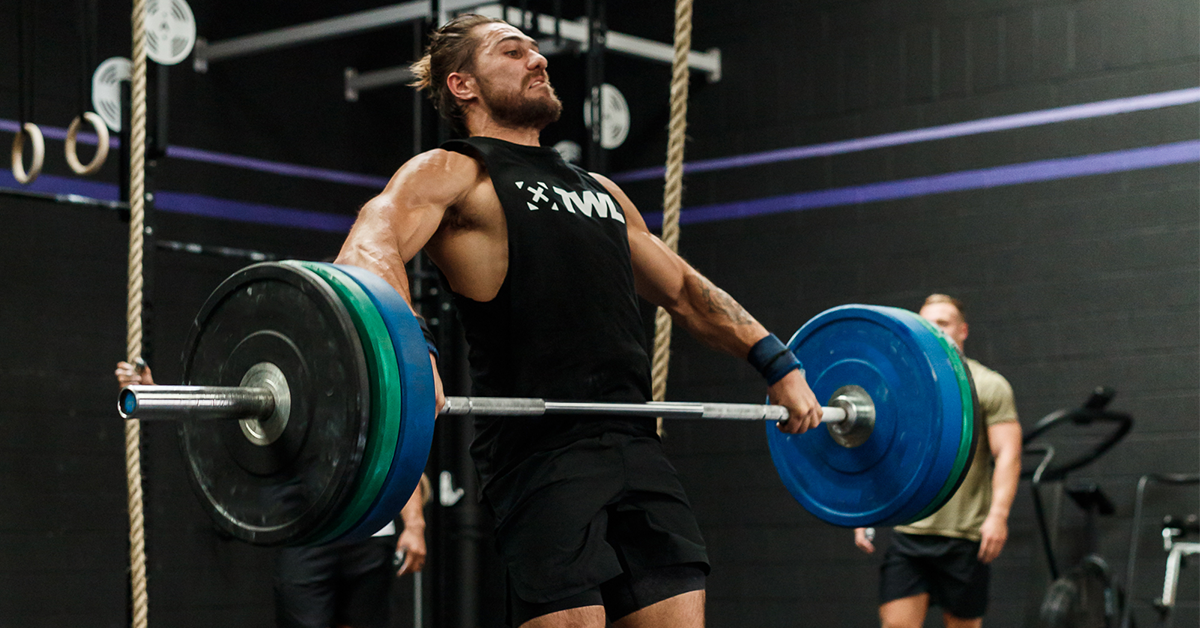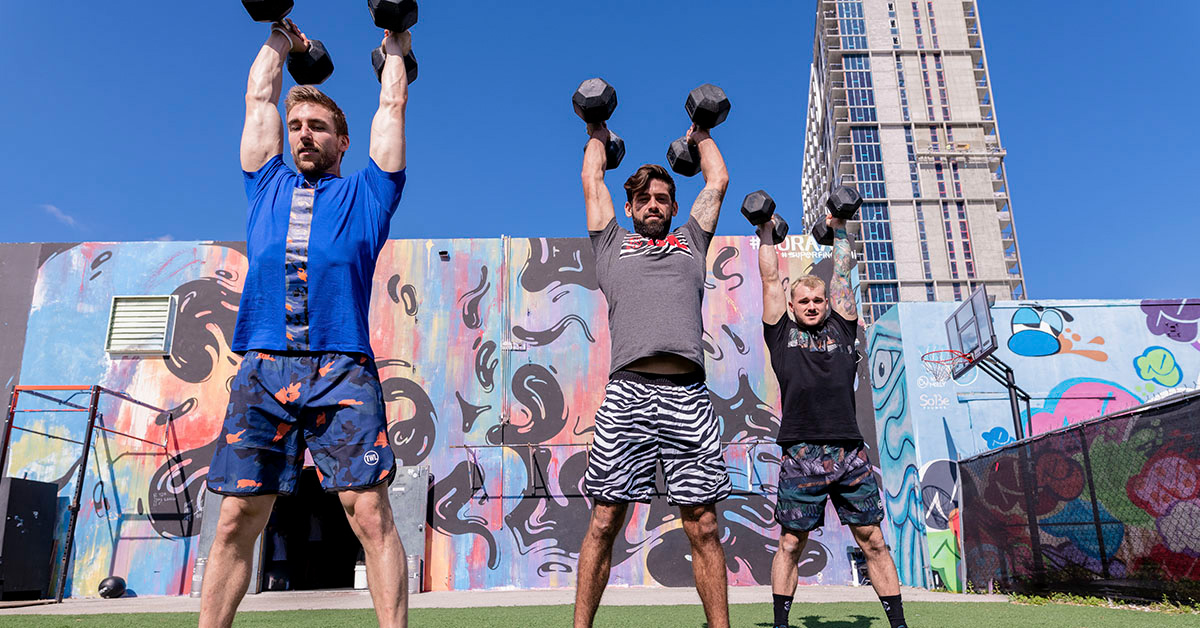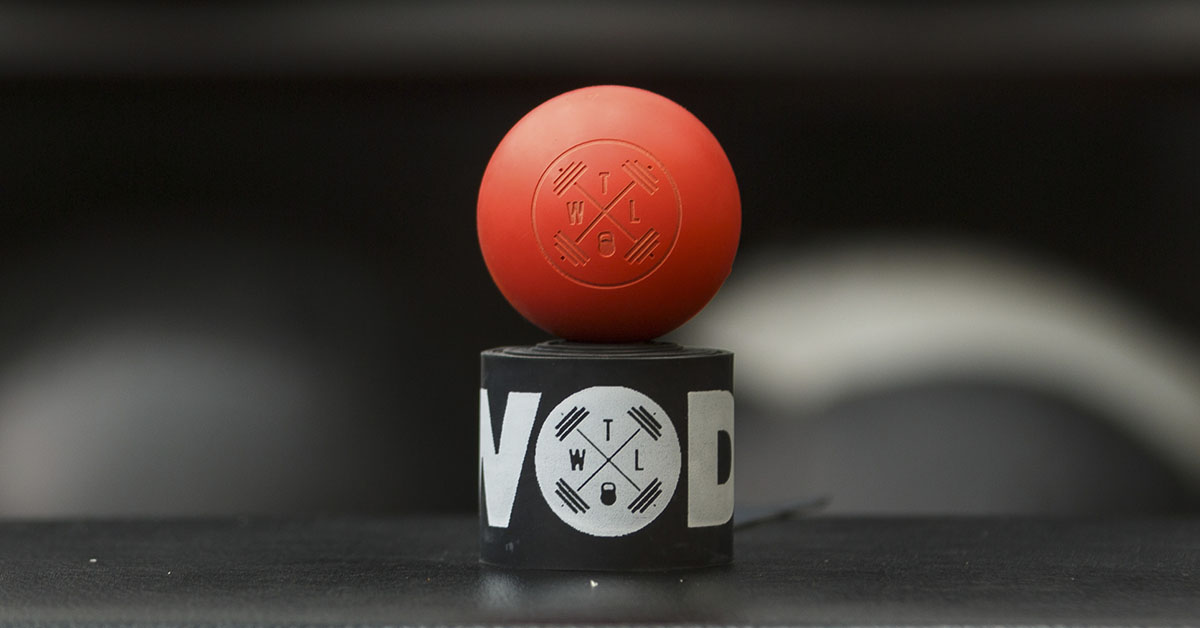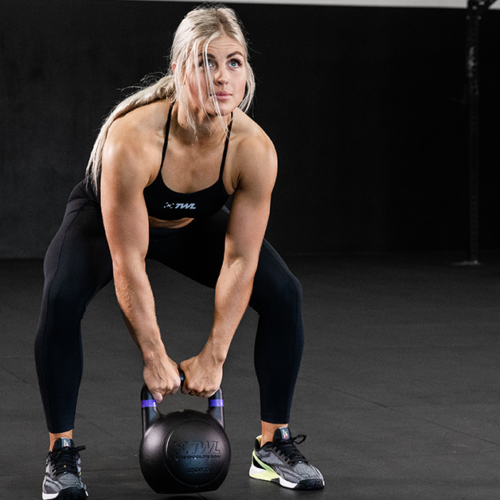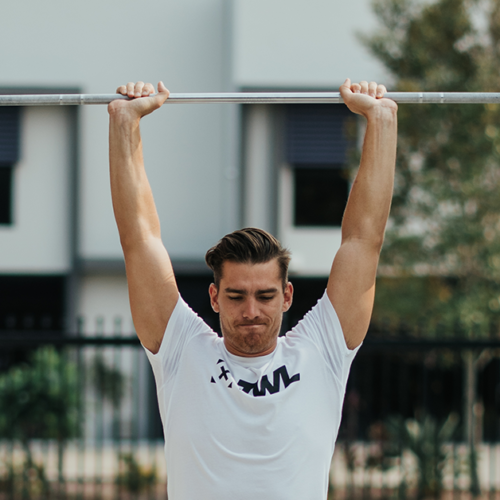It’s been a day or two since your last intense WOD. You stand up from bed and still feel sore from your legs down. Your thoughts start to race and you think you’ve permanently subjected yourself to discomfort for every remaining waking moment of your life.
Good news! That’s probably not the case. Recovery simply isn’t a one-size-fits-all situation. Everyone’s recovery needs are different and the trajectory of your recovery will be different from others.
You may be thinking, “But is it normal for my body to take this long to recover?”
The answer’s a little complicated. It’s true that your body might need longer periods of rest depending on the difficulty of your workout routines, but you might also be leaning into habits and making choices that actively hinder your recovery process.
Here are some reasons why you’re still feeling sore days after a workout and what can you do about it.
3 Reasons Why Your Body Takes So Long to Recover
1. You’re not fueling yourself in the way your body needs.
The food you consume equips your body with the energy and fuel necessary for muscle repair and recovery. If you’re not eating the right kinds of food, and enough of them, then your recovery can be a bumpy ride.
When you constantly engage in physical activities, your muscle glycogen — the main source of your energy during exercise — is depleted and needs to be replenished afterward.
Macronutrients (carbohydrates, fats, and proteins) and micronutrients (vitamins and minerals) are especially important in promoting healing and improving immune function.
Learn more about what micronutrients are.
Some examples of important foods that should be included in your recovery meals are:
- Eggs, which have proteins that help your body in replenishing depleted glycogen.
- Zinc-rich foods such as nuts and seeds, meat, poultry, and fish, which can aid in wound healing, boost your immune system, and reduce inflammation.
- Watermelon, which contains 92% water (to combat dehydration), vitamin A, potassium, magnesium, and vitamin C, which has been shown to help in muscle inflammation.
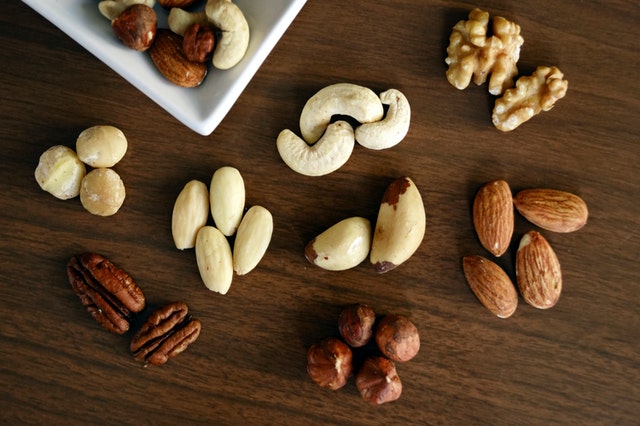
It’s also extremely important to note that you should never skip post-workout meals, especially after intense workouts. Without the right amount of carbohydrates, proteins, vitamins, and minerals to restore lost energy, your performance can be impaired, and the rate of your recovery will be deterred even more.
To support your nutrition, shop our selection of vitamins and minerals.
2. You’re not getting enough sleep.
Getting enough sleep is essential for everyone, and especially those who exercise regularly. When you sleep, you give your body time to heal and recover. Your body also produces growth hormone (GH) during sleep, the hormone largely responsible for healing tissues and repairing your muscles.
Another hormone produced during sleep is testosterone, a hormone found in both men and women that allows your body to increase its muscle mass. That’s the reason why you gain muscle when you lift weights or perform strength training correctly.
Without adequate sleep, and thus without the GH and testosterone to help you bounce back from intense physical activity, your recovery is staggered.

The amount of sleep you need is unique to you. The point is that you wake up feeling refreshed, and you have the energy you need to get through the day. If you find yourself having difficulty getting adequate sleep, here are some tips that can help you catch up on those ZZZs:
- Avoid stimulants before going to bed. Caffeine, for example, makes it harder for you to fall — and stay — asleep. Research has linked consuming coffee six hours before bedtime with one hour less of total sleep time.
- Develop a consistent sleeping schedule and stick to it. Following a sleeping schedule trains your body to fall asleep and wake up around the same time every day.
- Keep your sleeping space dark during the night. The absence of light sends a signal to your body that it’s time to rest. Studies have shown that sleeping in total darkness triggers the production of melatonin, the hormone associated with the sleep-wake cycle.
Shop Now
For better sleep, shop our selection of supplements.
3. You’re under a lot of stress.
Stress plays a huge role in our lives. We deal with different stressors every day. Maybe you’re stressed about your current job. Maybe you’re stressed about your relationships. Or maybe you’re even stressed about exercise and not recovering fast enough.
Regardless, stress doesn’t just affect your mental state. Research has linked high levels of stress with a number of physical ailments such as cancer, diabetes, and other cardiovascular diseases. Additionally, the emotional impacts of stress can lead to unhealthy coping mechanisms, such as poor diet choices, which can further hinder your recovery.
So, what can we do about it?
There are a couple things you can do to significantly reduce your stress levels. Here are just a few ideas:
- Practice deep breathing, relaxation, meditation, and other mindfulness types of activities. These have been shown to be effective stress-relievers.
- Listen to calming music, which has been shown to be efficient in alleviating psychological stress.
- Hug a friend or a loved one. Physical touch is an effective way to counteract stress, as doing so releases oxytocin — or the “happy hormone” — which causes you to feel a surge of positive emotion. Additionally, it also reduces the secretion of cortisol, also known as the stress hormone.

As you can see, there are a number of possible reasons why your body’s taking so long to recover after an intense workout. It could be from lack of proper nutrition, poor sleep, or high levels of stress. While there’s often no single solution in this situation, begin by looking at the things that you do on a daily basis. Take inventory of your routines, habits, and decisions and ask yourself how these things make you feel.
When it comes to recovery, remember that you need to take a holistic approach to improve it — mind, body, and soul.
The WOD Life has everything you need to boost recovery. Shop our collection today.

